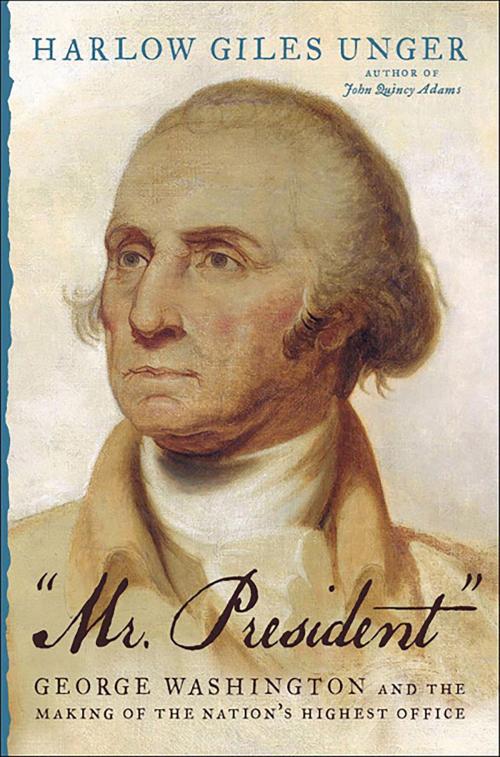"Mr. President"
George Washington and the Making of the Nation's Highest Office
Nonfiction, History, Americas, United States, Revolutionary Period (1775-1800), Biography & Memoir, Political| Author: | Harlow Giles Unger | ISBN: | 9780306822414 |
| Publisher: | Hachette Books | Publication: | October 29, 2013 |
| Imprint: | Da Capo Press | Language: | English |
| Author: | Harlow Giles Unger |
| ISBN: | 9780306822414 |
| Publisher: | Hachette Books |
| Publication: | October 29, 2013 |
| Imprint: | Da Capo Press |
| Language: | English |
Although the framers gave the president little authority, George Washington knew whatever he did would set precedents for generations of future leaders. To ensure their ability to defend the nation, he simply ignored the Constitution when he thought it necessary.
In a revealing new look at the birth of American government, Mr. President” describes Washington's presidency in a time of continual crisis, as rebellion and attacks by foreign enemies threatened to destroy this new nation. Constantly weighing preservation of the Union against preservation of individual liberties and states' rights, Washington assumed more power with each crisis. In a series of brilliant but unconstitutional maneuvers he forced Congress to cede control of the four pillars of executive power: war, finance, foreign affairs, and law enforcement.
Drawing on rare documents and letters, Unger shows how Washington combined political cunning and sheer genius to seize ever-widening powers, impose law and order while ensuring individual freedom, and shape the office of President of the United States.
Although the framers gave the president little authority, George Washington knew whatever he did would set precedents for generations of future leaders. To ensure their ability to defend the nation, he simply ignored the Constitution when he thought it necessary.
In a revealing new look at the birth of American government, Mr. President” describes Washington's presidency in a time of continual crisis, as rebellion and attacks by foreign enemies threatened to destroy this new nation. Constantly weighing preservation of the Union against preservation of individual liberties and states' rights, Washington assumed more power with each crisis. In a series of brilliant but unconstitutional maneuvers he forced Congress to cede control of the four pillars of executive power: war, finance, foreign affairs, and law enforcement.
Drawing on rare documents and letters, Unger shows how Washington combined political cunning and sheer genius to seize ever-widening powers, impose law and order while ensuring individual freedom, and shape the office of President of the United States.











![Cover of the book Ani's Raw Food Detox [previously published as Ani's 15-Day Fat Blast] by Harlow Giles Unger](https://www.kuoky.com/images/2013/december/300x300/9780738217284-oVjd_300x.jpg)



